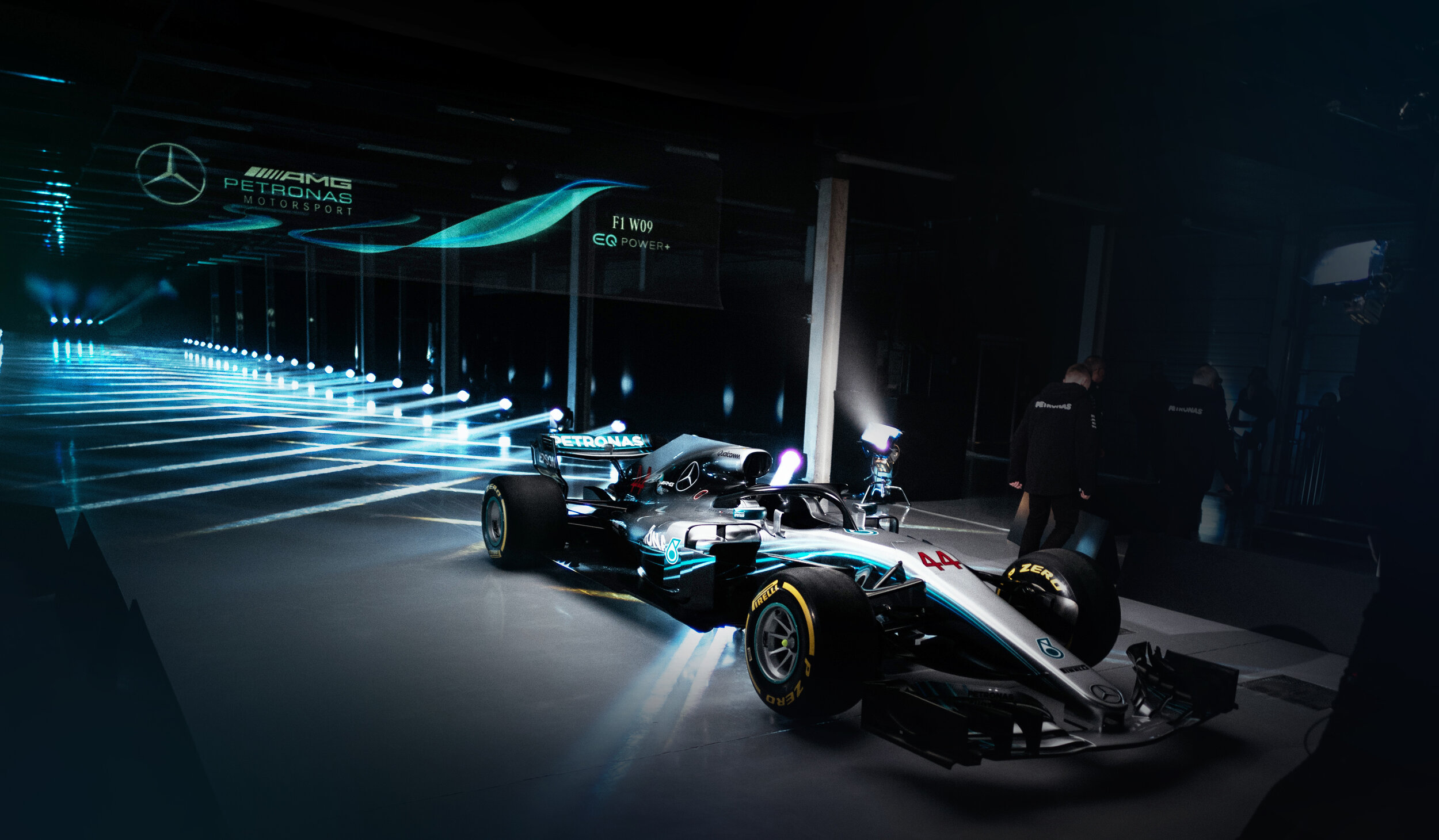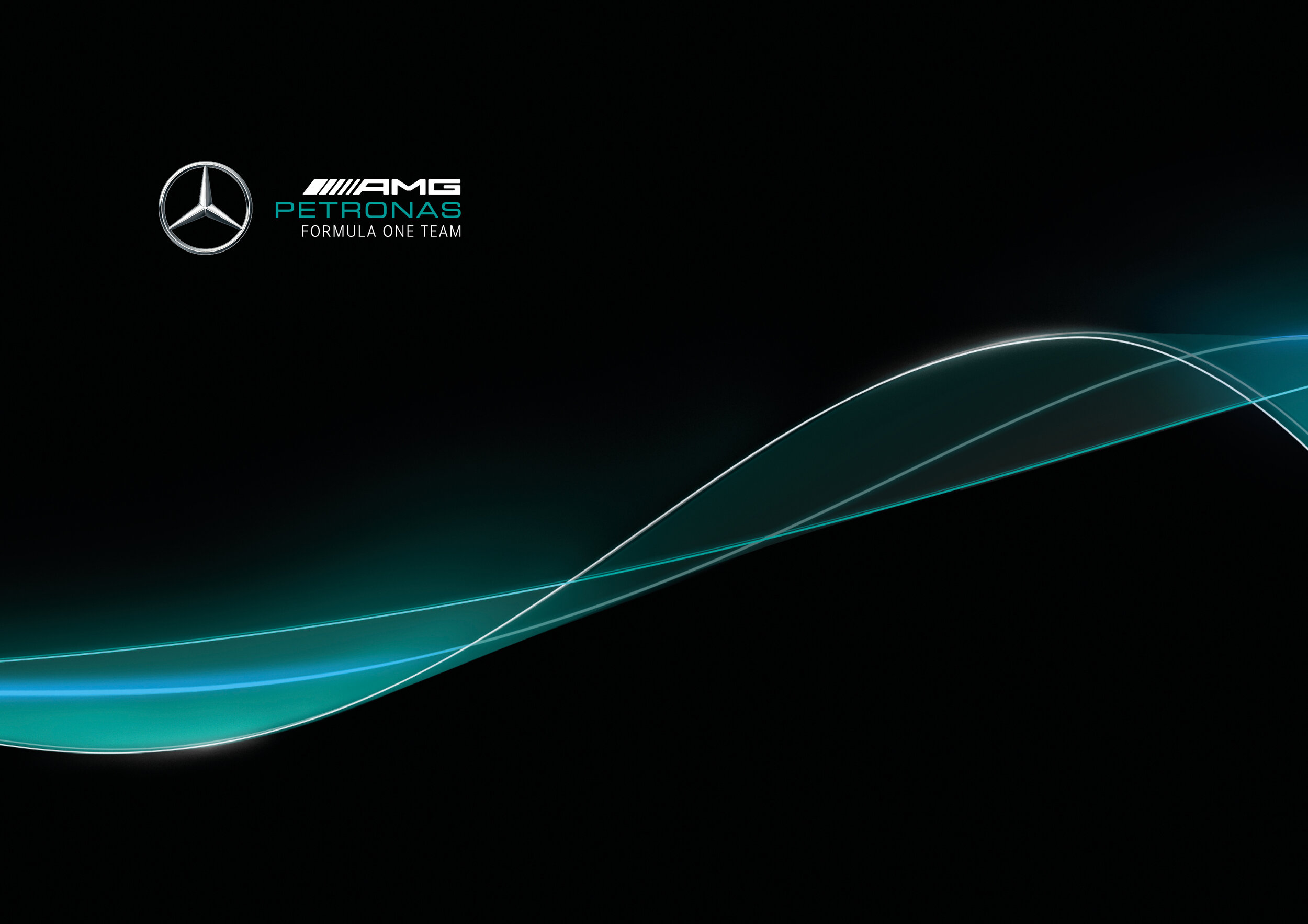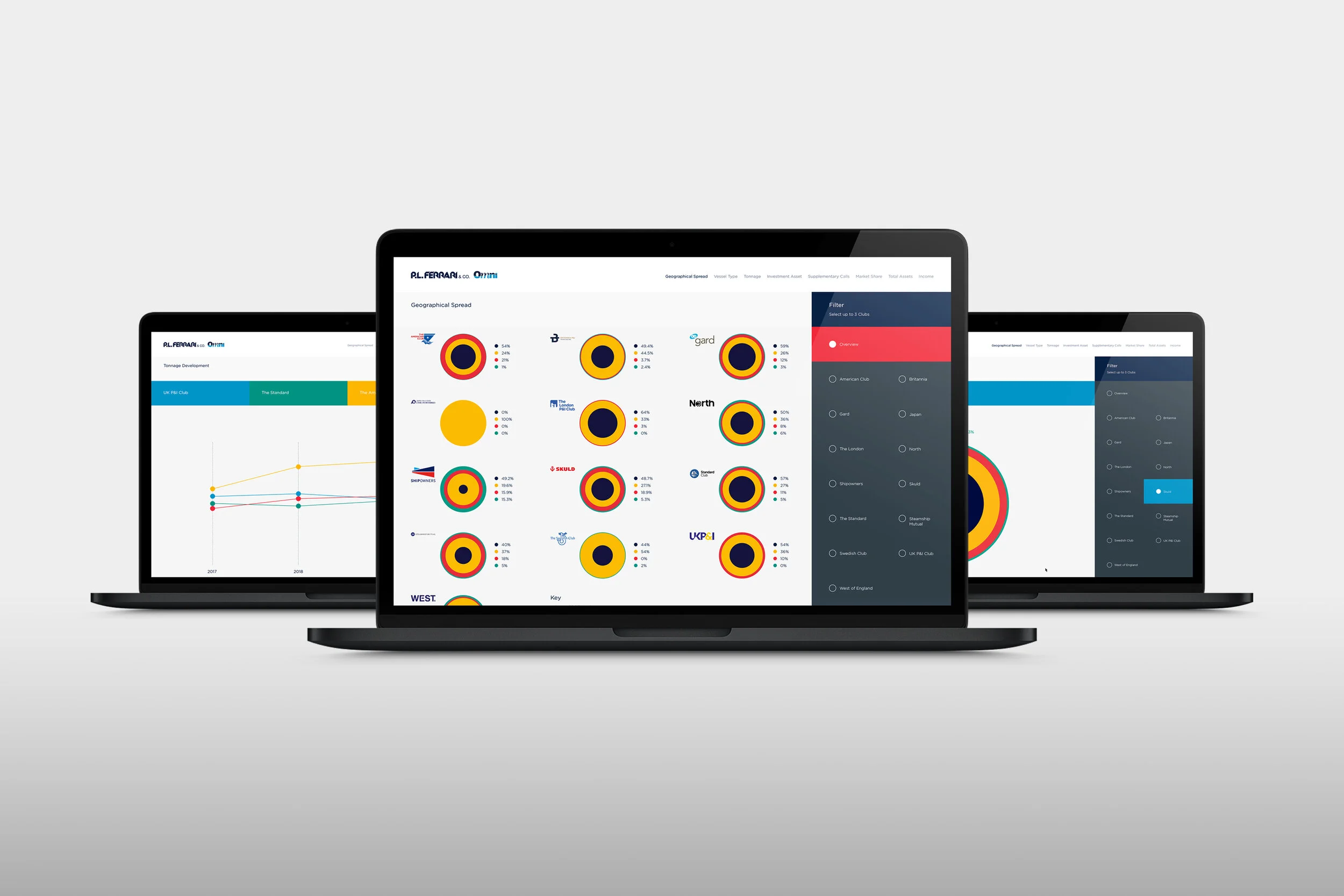12th October 2020
Building a strong F1 brand
Illustration by Pangaea
As a creative agency that’s worked with most of the teams in the F1 grid, we’re often asked the question: “What makes a strong F1 brand?” The answer is simple: it’s the same as what makes any brand strong. That’s consistency and longevity, along with high levels of awareness and an acknowledged position as a brand leader.
Yet rather than having a brand strategy that lives for years, many F1 teams – particularly in the midfield – have one for the season. And they measure brand success by on-track success. So if the car isn’t successful one season, they respond by“reinventing” the brand for the next one – often just by changing the livery or the team name. It’s superficial and creates a throwaway brand culture.
A strong brand can help you stay ahead of the field
F1 seems to have their own rules around branding systems and metrics for brand strength but should it? If F1 teams behaved like brand powerhouses, with brands that reflected their individual values and personalities – F1 would arguably be a much more exciting sport.
Is it a coincidence that dominant teams also have the strongest brands? There seems to be a responsibility that when you are world champions or perennial contenders, that to maintain high calibre sponsors / partners, you have to have a respectable, strong brand of your own.
Take Ferrari. Its pedigree means it’ll be the strongest brand in F1 for the next 50 years, even when it isn’t officially the fastest team. It’s a given that title currently belongs to Mercedes-AMG Petronas. Its sponsorship by Petronas is clearly visible in its on-car branding, team identity and livery design. But underneath it all, the team has a strong brand of its own – one that’s not just uniquely Mercedes, but Mercedes F1.
That’s because Mercedes recognised the importance of expanding the brand beyond its iconic car symbol – and they asked us to help. As a result, their brand reflects the team’s individual values and personalities.
And it’s strong enough to be recognised devoid of sponsors. In our view, it’s no coincidence that teams like these dominate the field as well as beating the other brands for strength and equity.
Strong brands have faith in themselves – and maintain faith in themselves regardless of ontrack performance. That way if performance targets are not met, you are still building equity in your racing brand.
Does a strong brand make you successful, or does success lead to a strong brand?
The thinking behind this is understandable. If you’re a midfield team like Alfa Romeo or Haas, the temptation is to spend every last penny on making your car go faster. After all, you can dig deep for brand spend once you have the big money and big sponsors. But actually, it’s a bit of a chicken-and-egg situation.
If a car performs well one season, it could bank a short-term investment from a sponsor, and a bigger fan base. But that sponsor may be one of many small and disparate ones, none of which has a particular synergy with the team brand. (RichEnergy’s bizarre sponsorship of Haas is a salutary lesson here. And it took McLaren about four seasons to get its identity right after Vodafone’s sponsorship ended.)
By contrast, a strong team brand will attract long-term sponsors with strong brands of their own. And while on-track success certainly makes a team more desirable, a strong F1 team brand will stick to its strategy, whether it’s winning or not. Which means it’ll build brand equity year on year.
With traditional title sponsorship gone, F1 brands need to be stronger than ever
For us, the fact there are so few brands like this in the sport is a missed opportunity.
That’s partly because, if all F1 teams became strong brands, F1 could be a much more exciting sport. But it’s also because the days of big-ticket, title sponsors have gone. The cigarette brand was the team identity. Think McLaren with the red and white Marlboro, John Player Lotus, Camel/Rothmans Williams Livery… Mild Seven Renault.
And today, social distancing has put paid to the usual big launch events and Monaco boat parties. To attract high-calibre buyers and sponsors today, teams need to invest in their own brands for the longer term.
In other words, it’s never been more important to have a strong brand in F1.
Have any questions? Drop us a line at hello@pangaeacreative.co.uk
Pangaea is an independent design consultancy that grew out of Formula1. We thrived in this cutting edge, fast-moving environment and now bring our experience of designing in F1 to clients and brands seeking to gain an edge over their competitors in any market.





